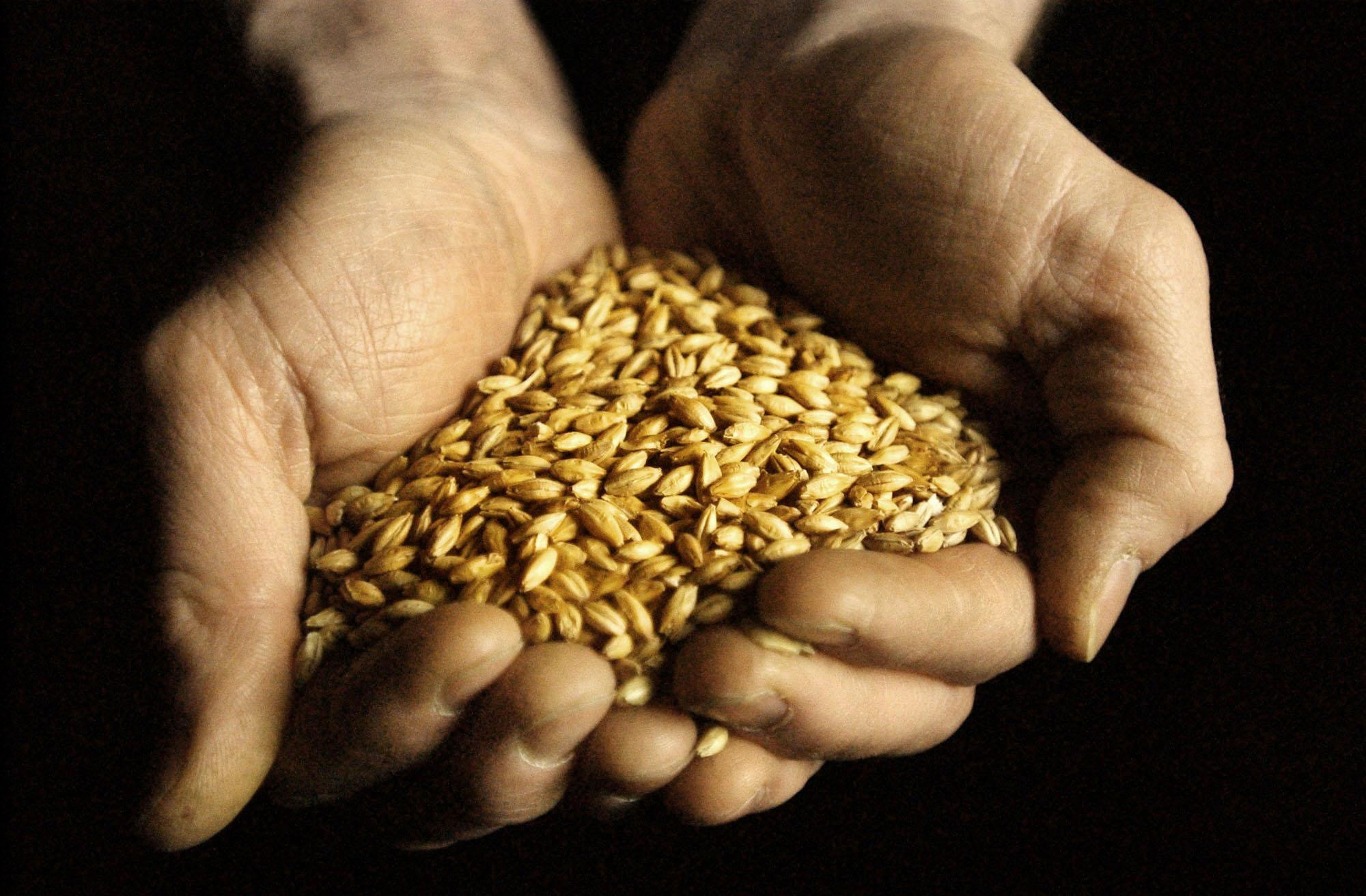The team behind the plan to build an International Barley Hub in Dundee expects to hear within days if the £68million project will be included in the Tay Cities Deal proposal.
The business case for a £40million contribution to the project was made on January 13 and at an industry meeting at Invergowrie, project chairman Colin West said he was encouraged by the initial response to the plan.
“We can read the tea leaves and we’re optimistic,” he said.
However Professor Robbie Waugh, the leader of the barley group at the James Hutton Institute (JHI) – where the hub would be sited – voiced his frustration that backing for the project could not be sourced directly from central government scientific research funds.
Because the Scottish Government owns the JHI site and funds some of the work done there, the institute is barred from applying for central government money. Prof Waugh pointed to huge levels of investment currently being made at other scientific centres and said Dundee was missing out.
“If we look at scientifically competing institutions – Norwich, for instance – in the last three years they’ve had a £26m investment for an innovation hub for research; they’re building a brand new Quadrum Institute with a budget of £80 million and they’re getting another £80 million to refurbish the John Innes Centre,” he said.
“The buildings are all within 100 metres of one another, and all the money comes from central government through the research councils, but we’re not eligible for it. So we’re trying to scratch around and get £40 million through industry support and the Tay Cities Deal, whereas the research councils are recognising the value of what other people do, and they invest.
“It’s a lack of recognition of the value of the work that goes on in places like this in the longer term to big industries that generate revenue.”
He added: “Scientifically we’re being asked to compete on the world stage with everyone else but we can’t get the funding to do what we want to do as well as we can do it because we’re not eligible.”
Prof Waugh said the funding that was required for the hub amounted to just 1% of the revenue from Scottish whisky in one year.
“That would fund a building that will underpin that business for probably the next 50 years,” he said.
“ One percent – it’s nothing. And that’s not including the beer industry or food barley or the feed barley industries.”
Prof Waugh argued that Brexit would also pose challenges for the proposed hub and other scientific work.
He said: “It may restrict our ability to interact with close colleagues in other European countries, because we get joint funding and we talk about what we’re doing. As soon as the funding becomes partitioned to individual countries we’ll start to compete.
“It’s inevitable. It’s crazy.”
nnicolson@thecourier.co.uk
